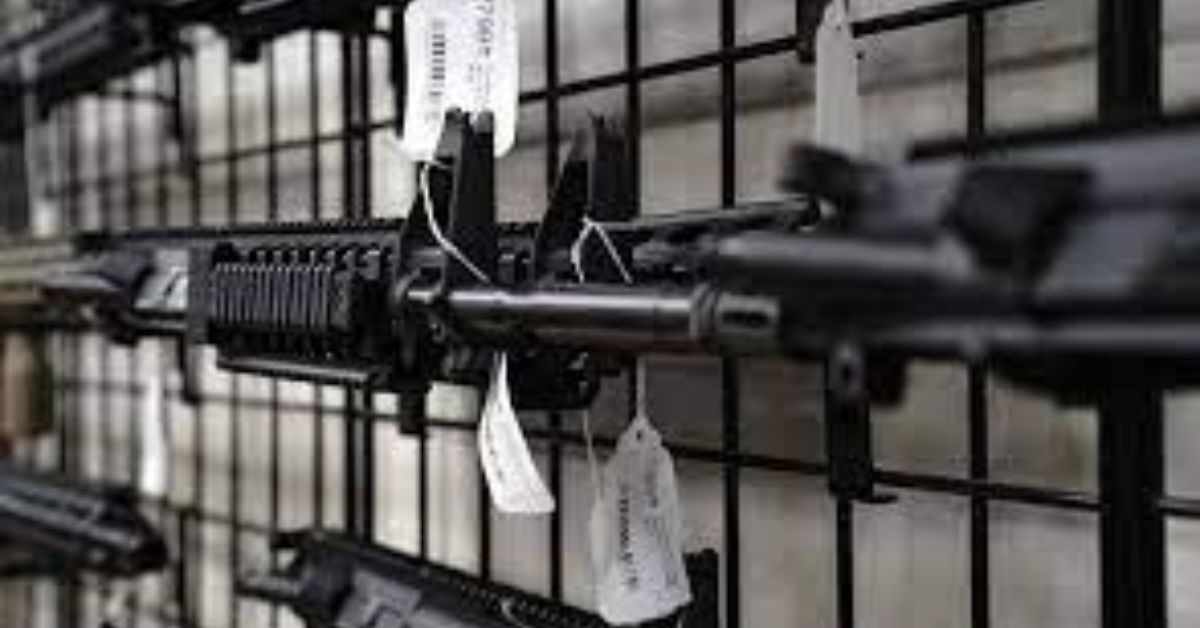A federal judge has temporarily blocked an assault weapons ban in Illinois, ruling that multiple plaintiffs who sued alleging that the law violates their Second Amendment rights have a “reasonable likelihood” to succeed in their argument.
On Friday, U.S. District Judge Stephen McGlynn issued a preliminary injunction against the state’s Protect Illinois Communities Act (PICA), which was signed into law in January by Gov. J.B. Pritzker (D) to prohibit the sale and distribution of assault-style weapons, high capacity magazines, and switches that convert handguns into assault-style firearms.
The ruling comes after another federal judge rejected a request to block the law earlier this week.
McGlynn, a Trump appointee, said his ruling is not final on the case’s merits. Still, he found that the individuals, gun shops, gun ranges, and firearm industry trade associations that sued met their burden for an injunction to be issued.
The ruling was issued in the aftermath of the Supreme Court’s decision last year in New York State Rifle and Pistol Association v. Bruen, which struck down a New York law requiring that applicants for concealed carry permits show “proper cause.” The majority ruled that gun control measures must be consistent with the country’s “historical tradition.”

McGlynn noted that the assault weapons restriction in the Illinois case was enacted in the aftermath of a shooting at a Fourth of July parade in Highland Park, Illinois, that killed seven people and injured dozens more. However, he stated that the law does not appear consistent with the Bruen decision.
“Can the senseless crimes of a relative few be so despicable to justify the infringement of the constitutional rights of law-abiding individuals in hopes that such crimes will then decrease or, at least, not be as horrific? More specifically, can PICA be harmonized with the United States Constitution’s Second Amendment and Bruen? That is the issue before this Court. The simple answer at this stage in the proceedings is ‘likely no,’” he said in the ruling.
The state administration asserted that PICA is consistent with historical tradition since assault weapons and high-capacity magazines were not routinely utilized when the Second Amendment and the 14th Amendment were ratified. However, McGlynn pointed out that the Supreme Court had ruled that the Second Amendment applies to all “bearable arms,” including those that did not exist when the country was founded.
McGlynn found that the plaintiffs would suffer “irreparable harm” if the ban were not put on pause while court proceedings play out, finding that the individuals would not be able to purchase the banned firearms and the organizations would be unable to make money from selling them.
He acknowledged that the case is “highly contentious” but reiterated that the ruling is not final, and said nothing in it prevents the state from addressing firearm-related violence.